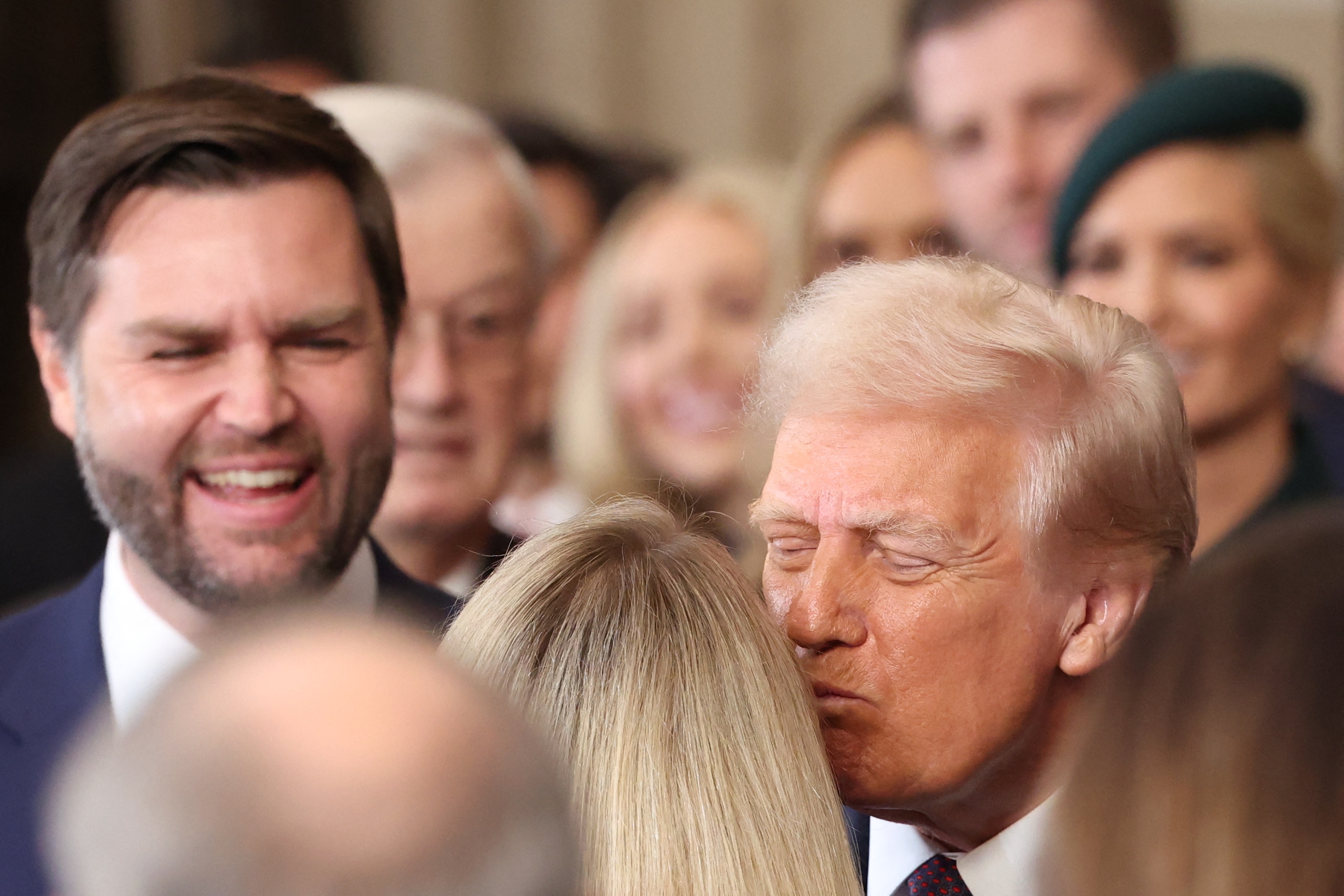In one of the first actions for his second term, US President Donald Trump issued pardons to over 1,500 individuals charged in the January 6, 2021, Capitol attack, including leaders of the Proud Boys and Oath Keepers organisations.
“These are the hostages,” Trump declared from the Oval Office, referring to the convicted and charged defendants. “Approximately 1,500 for a pardon – full pardon.”
Poll
Do You Agree with Pardoning Individuals Involved in Violent Actions?
“We hope they come out tonight,” Trump said.
Presidential clemency covers serious offences
This presidential clemency extends to hundreds previously convicted of serious offences, including police assault and property destruction during attempts to interfere with the power transition process.
Justice Department figures indicate over 730 individuals received misdemeanour convictions related to January 6. Additionally, approximately 300 cases remain active as of Monday, with numerous defendants facing serious felony charges, including police assault.
Impact of January 6 riot
The seven-hour siege resulted in injuries to more than 140 police officers and led to the deaths of four Trump supporters and five police officers, both directly and indirectly.
The subsequent FBI and Justice Department investigation became the largest criminal investigation in US history, resulting in charges against more than 1,580 individuals and securing approximately 1,270 convictions.
Convictions and nature of offences
Justice Department statistics show that 55% of January 6 prosecutions involve minor offences like trespassing or disorderly conduct. Most convicted individuals received probation or brief prison sentences and have been released.
The defendants include elderly individuals caught in the moment and others who briefly entered the Capitol without causing damage or harm. Many lack criminal records, and numerous participants claim they never intended to enter the building or disrupt the 2020 election certification process, with some stating police allowed their entry.
Contrasting narratives on January 6
Despite Trump’s characterisation of January 6 as “a day of love and peace” with supporters posing “zero threat,” extensive video evidence shows violent confrontations between protesters and police, including attacks with various weapons and physical altercations.
Backlash against pardons
According to a report from CNN, Craig Sicknick, brother of US Capitol police officer Brian Sicknick who died following the insurrection, has openly opposed these pardons through a liberal advocacy group’s petition, stating it enables rioters to “evade responsibility.”
“Donald Trump and his loyalists not only celebrate the deadly mob that killed my brother — they are determined to pardon those responsible,” Craig Sicknick said in the message. “It is a betrayal to not only the families and loved ones of those who were injured and killed but to all Americans.”
On Monday, Republican senator Mike Rounds reflected, “there was violence. This was this was not peaceful. People were in harm’s way, and it was a very, very bad day for America.” Whilst acknowledging the president’s constitutional pardon authority, he emphasised focusing on the future.
Adblock test (Why?)










